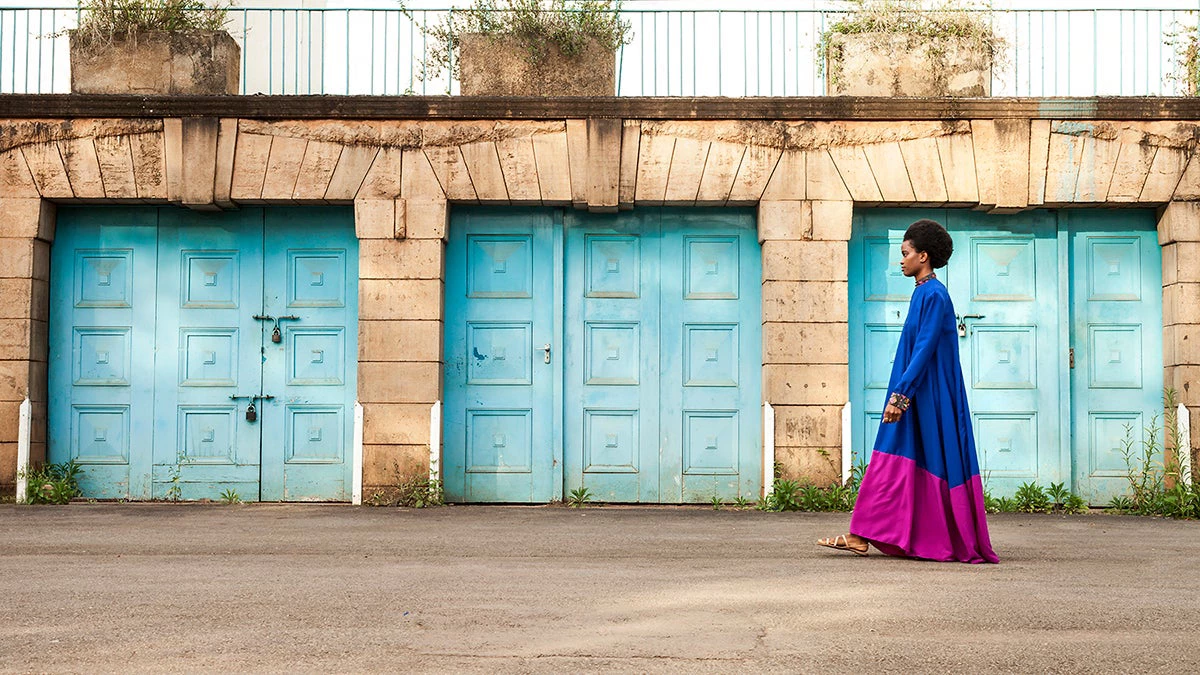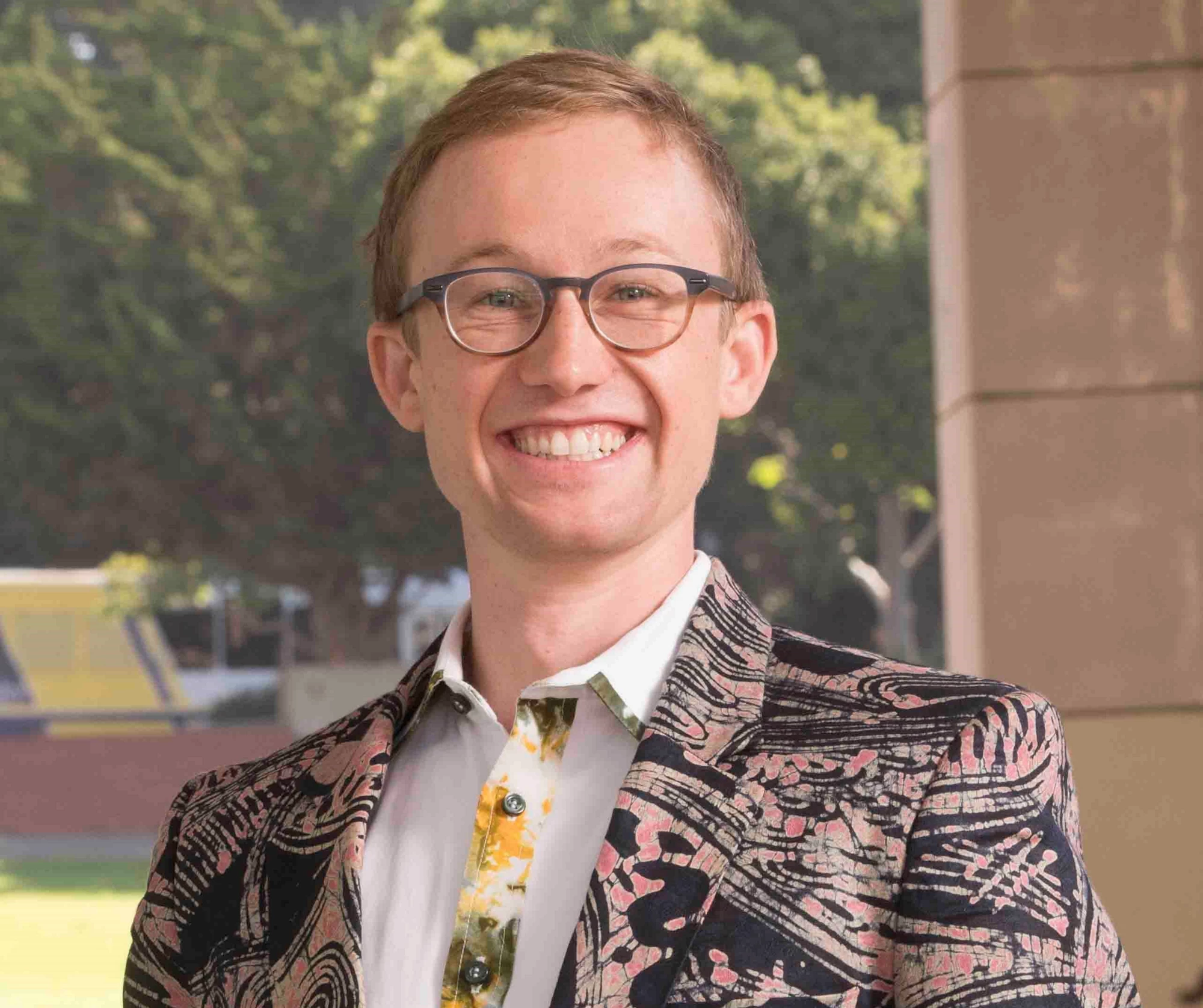
A workshop can differ from an academic conference by focusing on case studies of a narrow topic. I mean narrow in a good way, going deep on institutional context, with practitioners, seeking solutions to specific problems of mutual interest. Even though this kind of workshop features few researchers or research presentations, attending one can be much more research-productive than going to an economics conference.
Last month in Accra I attended a workshop for the first time: CAPFISH, or the Capacity-Building Project to Progress the Implementation of International Instruments to Combat Illegal, Unreported, and Unregulated Fishing. What a name! I decided to go because of the list of delegates: 29 officials from Ghana, Senegal, Cote d'Ivoire, Benin, Guinea, Gabon, Cabo Verde, Gambia, Liberia, Nigeria, Tanzania, and Sierra Leone. Most delegates work for fisheries ministries or as naval officers.
The prospect of spending time with the exact people who know the most about the subject I study was irresistible. Especially when I’m in Washington rather than the place I’m studying, I struggle to find the right people to speak with. The most difficult parts of research for me are finding exogenous policy variation, learning about and obtaining non-public datasets, and verifying my understanding of institutional context with knowledgeable experts.
A workshop like this is not prestigious in the way that presenting at a top academic conference might be. In fact, I feel that there is disdain in economics for institutional context. For your paper to be accepted at a top general interest journal, it must have generalizable insights beyond your particular subject. Fair enough, but when I was on the job market, I remember pretending to find the details of marine fisheries less fascinating than I really did in order to “be general”. Worse, an underemphasis on understanding institutional context can lead to ill-conceived papers—ones based on false premises or designed in ways that are unlikely to detect significant effects.
How this workshop worked
First of all, how did the organizers get such good delegates? Many of their former students from the World Maritime University now work for country ministries or navies. So through their network, they were able to identify target delegates from each country. They knew the kind of person they were looking for: early- or mid-career officials, who would likely put some of the things they learned into practice in their work and who could potentially present their experiences to other delegates.
The best presentations got right to the case study (“I did this patrol, here’s what I saw and did, here’s what happened after”). Many presentations spent too much time defining concepts that everyone already knew, instead of exclusively presenting their personal experiences. These stories are so precious because they are not available online for me to read. After each presentation, delegates shared how their own experience compared to the presenter’s. There were focused discussion sessions each afternoon for this purpose, as well as to foster international collaboration between the delegates that could persist after the workshop ended.
I presented two research papers, and the different reactions I received will help me be more effective if I am invited to future workshops. In the morning, I presented “A fish cartel for Africa” (co-authored with Chris Costello). Of my eight slides, only one contained a complex figure, and I spent five minutes explaining it in detail (starting with “the x-axis is…”, then working one-by-one through each line on the figure, defining it and how it is calculated, and concluding with the implications of the figure). In the afternoon, I presented “Deterring Industrial Vessels from African Coastal Fisheries” (co-authored with Aishwarya Agarwal). I had a similar number of slides, but about half of them contained complex figures. I think I erred in giving high-level explanations for some of the figures. I should have stated some of the results in words, since I didn’t have time to fully commit to explaining all of the figures in the level of detail that would’ve been needed for them to be understood.
My afternoon presentation was arguably more policy-relevant, because it was an evaluation of a regulation in most African coastal nations, whereas my morning presentation quantified the benefits of a difficult-to-implement hypothetical idea. But I received much more interest in the morning, with several delegates exclaiming variants of “Africa needs a fish cartel!” I even learned that in June, West African heads of state directed their regional bloc (ECOWAS) to pursue the fish cartel idea of “regional and collective bargaining…in negotiating fisheries agreements with third parties”.
Another advantage of a workshop is you can go on a field trip. We visited Tema Port, where we met the chief fisherman, who mediates between artisanal fishers and the government; leaders of the artisanal fish processors and sellers association; and the South Korean officials who are building improved facilities as part of their government’s overseas development assistance program, which also funded the workshop. Data on my computer are numbers and dots. Now I have a richer mental image from having seen the hundreds of long, colorful artisanal fishing canoes anchored along the beach, the dozens of trawlers docked in the industrial port for the closed season, and the crew of a tuna vessel unloading their silvery catch. I hope I’ll have the opportunity to attend another workshop like this one.


Join the Conversation